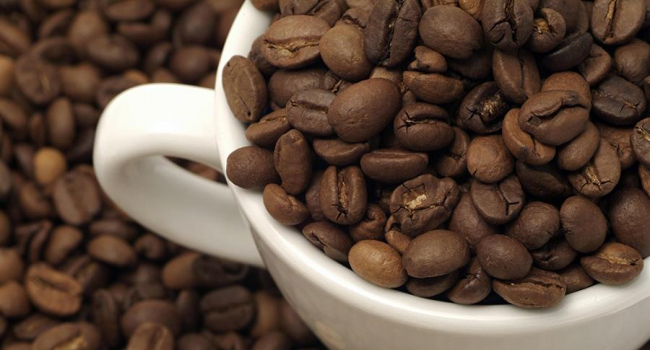Coffee may contain dangerous mycotoxins, scientists say
 14:22 28 October, 2019
14:22 28 October, 2019Coffee may contain mycotoxins produced by microscopic mold fungi and potentially dangerous to the human body, said scientists from the University of Valencia, Spain.
According to experts, mycotoxins are most often the product of fungi of the genera Aspergillus and Fusarium.
Such mold develops on products when their storage conditions are violated. It was previously known that mold, which releases mycotoxins dangerous for the human body, is especially common in cereal products, legumes, nuts, and seeds. However mycotoxins can also appear in coffee, which is sold in supermarkets, the scientists said.
Scientists tested 103 samples of coffee of various brands purchased in supermarkets in Valencia. According to the researchers, all the coffee samples that they tested contained substances such as aflatoxins, fumonisins, trichothecenes, ochratoxins and others, and in some cases their concentration in the product was very high.
These substances, especially aflatoxins, can presumably contribute to the development of liver cancer, disrupt the hormonal and immune systems, as well as the kidneys.
The main danger of mycotoxins is that they cannot be detected with a simple inspection of the products: they do not change the taste, aroma and color of the product, moreover, they do not break down during heat treatment or freezing. Most mycotoxins are chemically stable compounds, they are stored during storage and processing, even at high temperatures during cooking.
According to experts, the careful storage of grain, legumes, cereals, flour, bakery products, nuts in a well-ventilated dry place minimizes the growth of fungi and, accordingly, the accumulation of mycotoxins in these products.
And if such products have a musty or mildew smell, you can’t eat them.